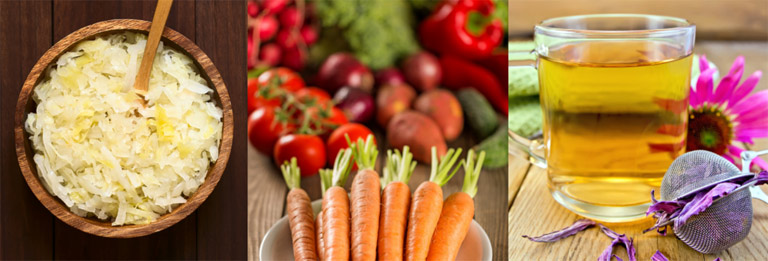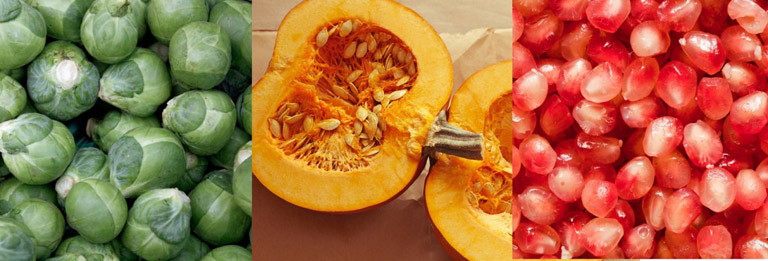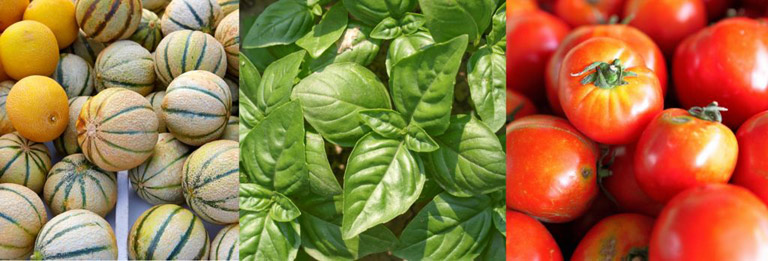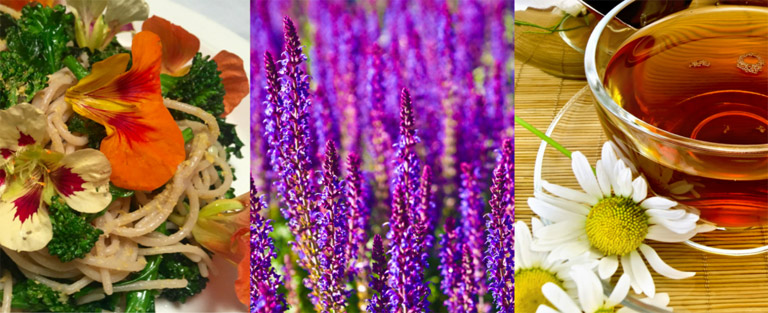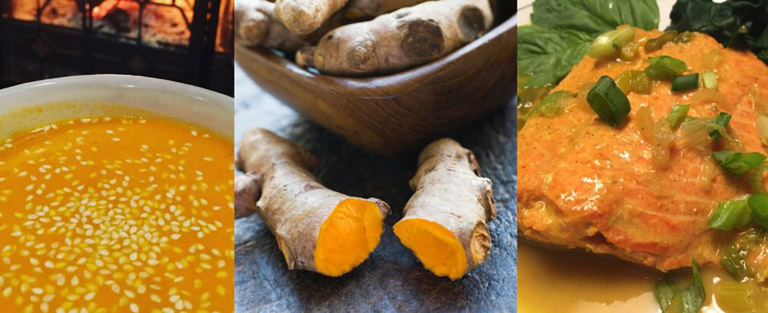Indulging and gaining weight
over the holiday season is kind of like going into debt. It’s wonderful to
experience the immediate gratification that many high-fat, high-sugar,
carb-dense holiday foods have to offer, but the pleasure doesn’t last
very long. And then it can take months for some people to recover physically
from the weight gain and other negative effects of unhealthy eating and
drinking. Wouldn’t it be nice to just avoid the holiday weight gain in the
first place, without sacrificing your fun?
According to this recent
study in the New England Journal of Medicine, chronic holiday
weight gain, and slow recovery time, are a reality for most Americans and
people all around the world. But you don’t have to be a part of the
statistics. Even though it is so close to Christmas, and you may feel like
any hope for managing your weight is lost, there is a lot you can do between
now and January 1st to give your body a healthy, helping
hand.
Tips for Avoiding Holiday Weight Gain
- Burn Calories Daily. All you
need is about 30 minutes of brisk activity to keep that metabolism pumping.
If you already have a daily workout, great! Keep it on the calendar. If not,
just try to get anything in that will burn some calories. Or do things in
addition to your daily Read More



